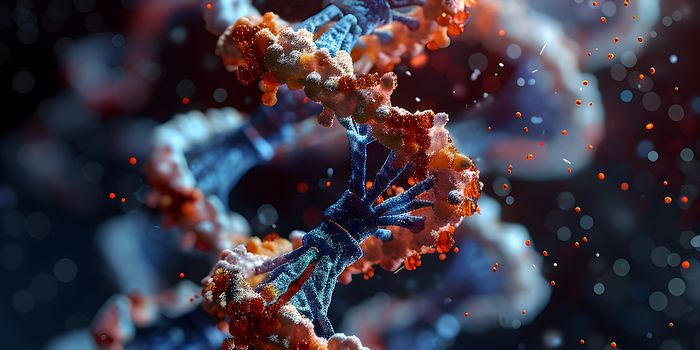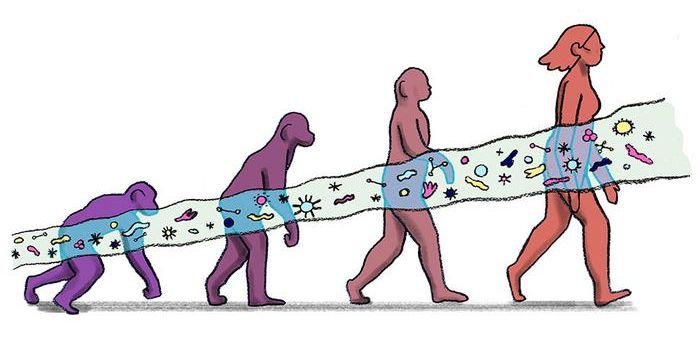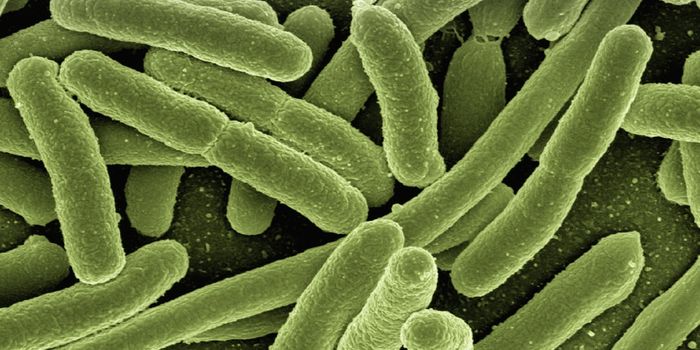Insights Into Why Some Get PTSD After Trauma & Others Do Not
When people are exposed to dangerous, frightening, or shocking events, feeling afraid is normal. After trauma occurs, people might have a range of feelings for different durations, and many will recover over time. But some individuals may also develop post-traumatic stress disorder (PTSD), in which they continue to have problems; these can include reliving the experience, having sleep problems, depression, recurrent memories that are related to the trauma, feeling stressed, tense, irritable, or distressed, and avoiding reminders of the experience. It's estimated that about 30 percent of people who undergo trauma get PTSD. People also do not have to experience trauma to get PTSD; according to the NIMH, some individuals who learned that a loved one has experience a traumatic event may also get PTSD.
New research has explored the question of why some people get PTSD after trauma while others don't. The work, which was reported in Biological Psychiatry, has shown that molecules called glucocorticoids influence the development of PTSD. Glucocorticoids are naturally released by the body in response to stress.
"There are considerable differences in the levels of glucocorticoids that individuals release to the bloodstream when stressed," said study co-leader Carmen Sandi of EPFL. "Low glucocorticoid levels are frequently observed in PTSD patients following trauma exposure and were initially suspected to be a consequence of trauma exposure.
Cortisol is a glucocorticoid hormone that has a variety of functions, including mediating the body's response to stress. It can affect almost every organ system. In this study, the researchers used a rat model in which physiological responses to cortisol are blunted.
The researchers were able to MRIs to measure the volume of different brain regions. The rats were trained to link certain cues with fear, and sleep patterns and brain activity were measured. This work indicated that in rats, a decreased reaction to glucocorticoids caused an integrated response in which hippocampal volume decreased, and there were disturbances in the rapid-eye movement (REM) phase of sleep. REM is closely linked to memory consolidation and has been shown to be disturbed in PTSD. Fear extinction, in which conditioned responses to fear get less intense over time, was also impaired in male rats when glucocorticoid responses were blunted.
When the rats were given therapy and corticosterone to reduce their fears, the investigators found that some of the issues, like REM disruption and excessive fear, were alleviated. Levels of a neurotransmitter called norepinephrine, which is linked to stress, also went back to normal.
"Our study provides causal evidence of a direct implication of low glucocorticoid responsiveness in the development of PTSD symptomatology following exposure to traumatic experiences, i.e., impaired fear extinction," said Sandi. "In addition, it shows that low glucocorticoids are causally implicated in the determination of other risk factors and symptoms that were until now only independently related to PTSD."
Sources: Ecole Polytechnique Federale de Lausanne (EPFL), National Institute for Mental Health (NIMH), Biological Psychiatry









